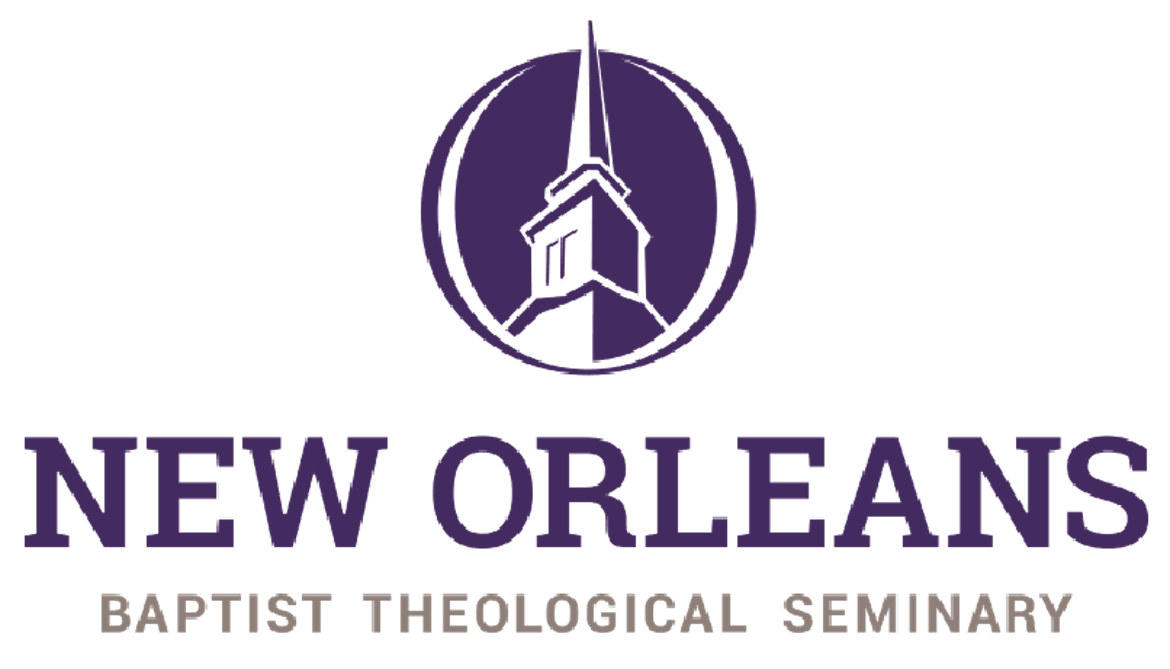NOBTS Angola prison celebrates 20 years of changing lives with new facility
September 8, 2015

ANGOLA, La. — Celebrating a 20-year partnership that has changed lives and deployed “missionaries,” New Orleans Baptist Theological Seminary/Leavell College recently dedicated a new facility with expanded classroom and library space at Louisiana State Penitentiary, Angola, La. The Aug. 27 dedication followed a graduation ceremony marking the program’s 278th graduate.
“This has been the most spectacular day we could ever have,” said Warden Burl Cain. “We have a new seminary building; we doubled our capacity; and, it means less victims of violent crime.”
The Joan Horner Center, an 11,000 square foot building with a computer lab, two classrooms, an auditorium and library, was named in memory of benefactor Joan Horner, founder of Premier Designs of Dallas, who with husband Andy Horner were long-time supporters of the Angola ministry. An anonymous donor provided funds for the structure.
James LeBlanc, secretary of the Louisiana Department of Corrections, echoed Cain’s correlation between the program’s success and a state-wide drop in repeat offenders, crediting as a factor the work of 35 NOBTS “missionaries,” graduates who asked to transfer to other Louisiana prisons in order to plant new inmate-led churches.
Jimmy Dukes, the NOBTS director of the prison program, said the new facility will help meet a great need.
“Other prisons and even some parish jail sheriffs want to have our missionaries,” Dukes said. “To do that, we need to recruit more students and train more students.”
The program offers the bachelor of arts in Christian ministry and non-credit certificate degrees. Dukes said the new space can accommodate twice the current enrollment and allows master-level coursework to begin.
Charles S. Kelley, Jr., NOBTS president, looked back at the program’s beginnings and noted that Cain and others who dreamed with him had the foresight to see the program’s potential.
Cain, a former educator, approached associational leaders of the Judson Baptist Association, now named the Baptist Association of Greater Baton Rouge, and seminary leadership and asked them to provide educational services for the incarcerated.